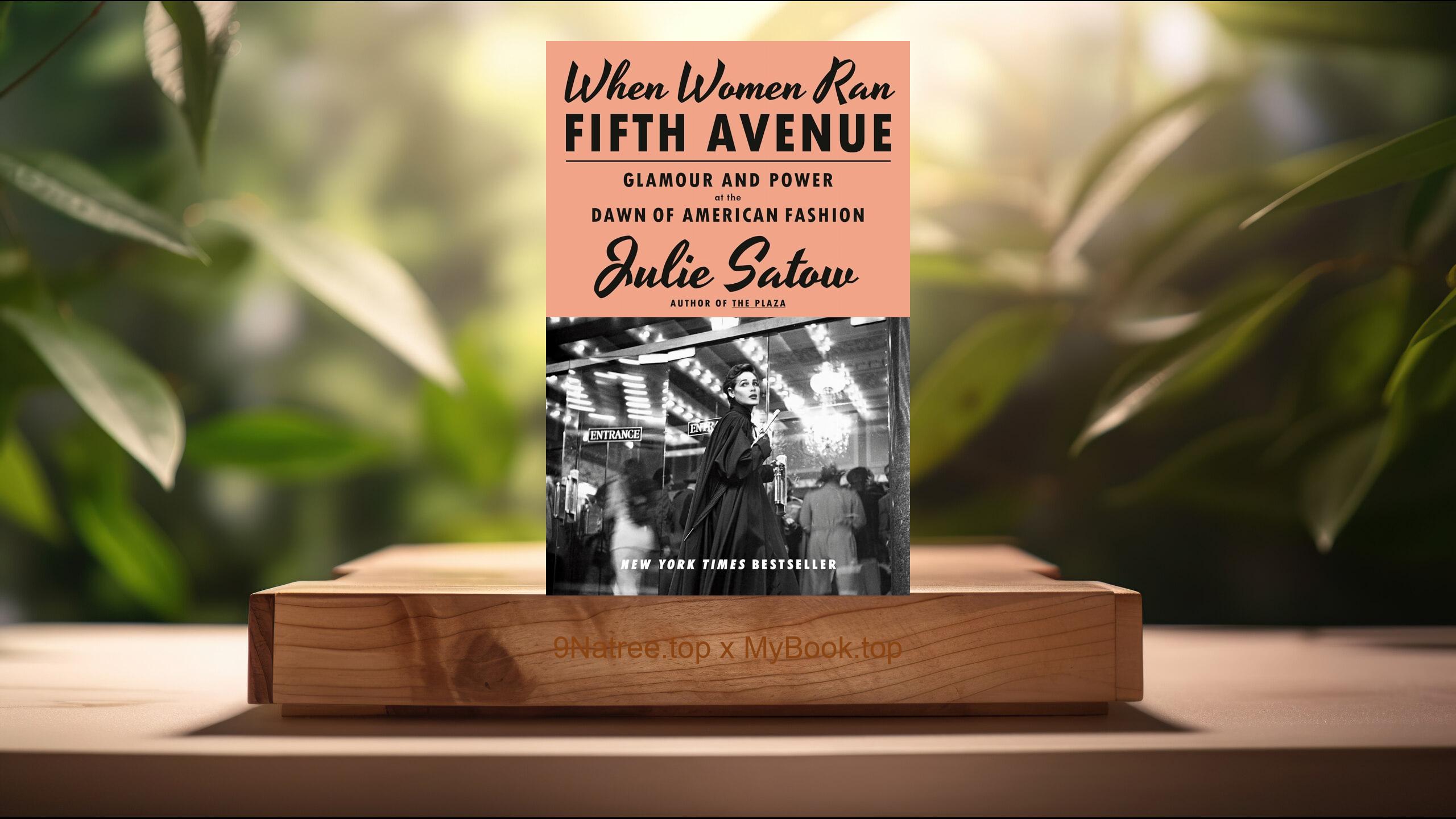Show Notes
- Amazon USA Store: https://www.amazon.com/dp/0593297806?tag=9natree-20
- Amazon Worldwide Store: https://global.buys.trade/Kingmaker-Sonia-Purnell.html
- Apple Books: https://books.apple.com/us/audiobook/kingmaker-pamela-harrimans-astonishing-life-of-power/id1727898685?itsct=books_box_link&itscg=30200&ls=1&at=1001l3bAw&ct=9natree
- eBay: https://www.ebay.com/sch/i.html?_nkw=Kingmaker+Sonia+Purnell+&mkcid=1&mkrid=711-53200-19255-0&siteid=0&campid=5339060787&customid=9natree&toolid=10001&mkevt=1
- Read more: https://mybook.top/read/0593297806/
#PamelaHarriman #politicalbiography #softpower #DemocraticPartyfundraising #diplomacyandinfluence #Kingmaker
These are takeaways from this book.
Firstly, Reinvention from Dorset debutante to global power broker, Purnell charts Harriman’s journey from a provincial upbringing into the rarefied yet restrictive world of the British aristocracy, then far beyond it. Early chapters place her in wartime London, where proximity to decision makers taught her how power is perceived, packaged, and traded. A brief, tempestuous marriage to Randolph Churchill opens doors, but the book makes clear that survival in these circles requires more than a famous surname. Harriman learns to read rooms, to identify who truly matters, and to position herself as indispensable. Purnell treats reinvention not as whimsy but as a disciplined craft built from resilience, curiosity, and logistical talent. The narrative follows her moves across continents and social strata, revealing how she cultivated salons that mixed artists, industrialists, and politicians. By demonstrating that reinvention can be a strategic response to closed systems, Purnell reframes Harriman’s ascent as intentional statecraft conducted through hosting, convening, and relentless follow through rather than luck or mere proximity.
Secondly, Relationships as alliances and instruments of strategy, The book scrutinizes Harriman’s intimate and marital ties as purposeful alliances within a broader plan. Purnell neither romanticizes nor reduces them to scandal; instead, she shows how Harriman converted companionship into connective tissue spanning finance, media, diplomacy, and party politics. Partnerships with tycoons, producers, and statesmen offered capital, legitimacy, and entry into rival networks, but they also imposed risks and moral tradeoffs. Harriman refined a repertoire of influence that included attentive hosting, tactful flattery, and a formidable memory for names, favors, and grievances. Purnell dissects how such skills transform private life into public leverage, and she interrogates the uneasy boundary between mutual benefit and transactional calculus. Crucially, the portrait restores agency to Harriman, depicting her not as a passive muse but as a manager of complexity who stitched together coalitions. The analysis invites readers to consider relationship building as a serious technology of power, one often dismissed when practiced by women.
Thirdly, Transatlantic politics and the art of soft power, Harriman’s life is also a guided tour of Anglo American and European politics from the Second World War through the 1990s. Purnell shows her operating first in the Churchill orbit, then increasingly within the American establishment, where she learned the idioms of both money and message. The narrative climaxes with her role as a leading Democratic fundraiser and ultimately as United States ambassador to France, where she practiced a brand of diplomacy grounded in tact, symbolism, and tireless hospitality. Purnell offers behind the scenes episodes in which careful seating plans, well timed invitations, and personal empathy nudge negotiations forward. Rather than emphasize headline theatrics, the book reveals the slow, cumulative effects of soft power exerted through continuity and care. Harriman’s death in Paris gives the story an elegiac coda, but Purnell’s larger point endures: in an era of television politics and global capital, credibility flows through relationships as much as through official cables or public pronouncements.
Fourthly, The fundraising revolution that reshaped the Democrats, One of Purnell’s most consequential threads is Harriman’s overhaul of political money for the Democratic Party. Facing organizational fatigue and donor drift, Harriman professionalized cultivation, reimagining it as an experience rather than a transaction. She pioneered intimate, issue focused gatherings that offered access, prestige, and a sense of belonging to a mission. She built meticulous donor lists, tracked interests, followed up relentlessly, and matched prospects with policymakers who could brief with clarity. In doing so, she anticipated modern bundling, concierge stewardship, and brand building around candidates. Purnell examines the democratic dilemmas this created, weighing the energizing effects on party infrastructure against the distortions that come when funding gates open primarily for the well connected. The result is a balanced case study in how institutions reinvent themselves under constraint. Readers come away with a granular view of political finance that explains both the electoral resurgence of the 1990s and the enduring debates over access and influence.
Lastly, Image, gender, and the ethics of influence, Purnell confronts the caricatures that long defined Harriman, from adventuress to opportunist, and tests them against documentation. She demonstrates how gendered expectations distorted coverage, with behaviors labeled savvy in men recast as scheming in women. The biography probes the ethics of using intimacy, wealth, and hospitality to shape outcomes, acknowledging the gray zones where charm becomes pressure and access becomes gatekeeping. Yet it also credits Harriman’s work ethic, her capacity to convene adversaries, and her belief that relationships could temper ideological rigidity. By separating spectacle from record, Purnell builds a nuanced ethical ledger that neither excuses nor condemns reflexively. The chaptering allows readers to watch Harriman construct a public image, protect it, and at times become trapped by it. In the end, the book positions her legacy as a case study in how women have historically wielded informal power when barred from formal authority, and what it costs to do so.
![[Review] Kingmaker (Sonia Purnell) Summarized](https://episodes.castos.com/660078c6833215-59505987/images/2210636/c1a-085k3-z3pw1drjh5wj-m7i51x.jpg)




